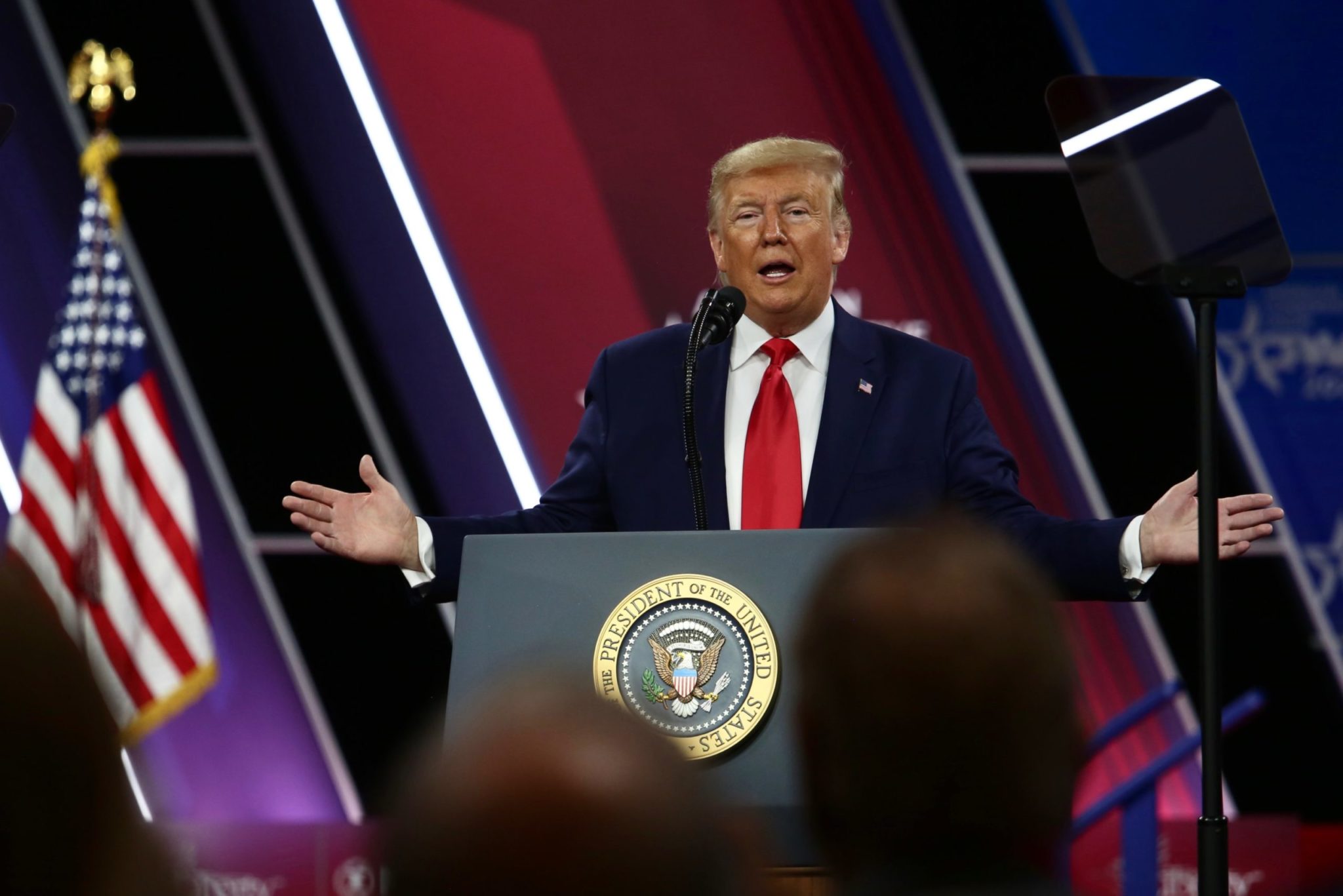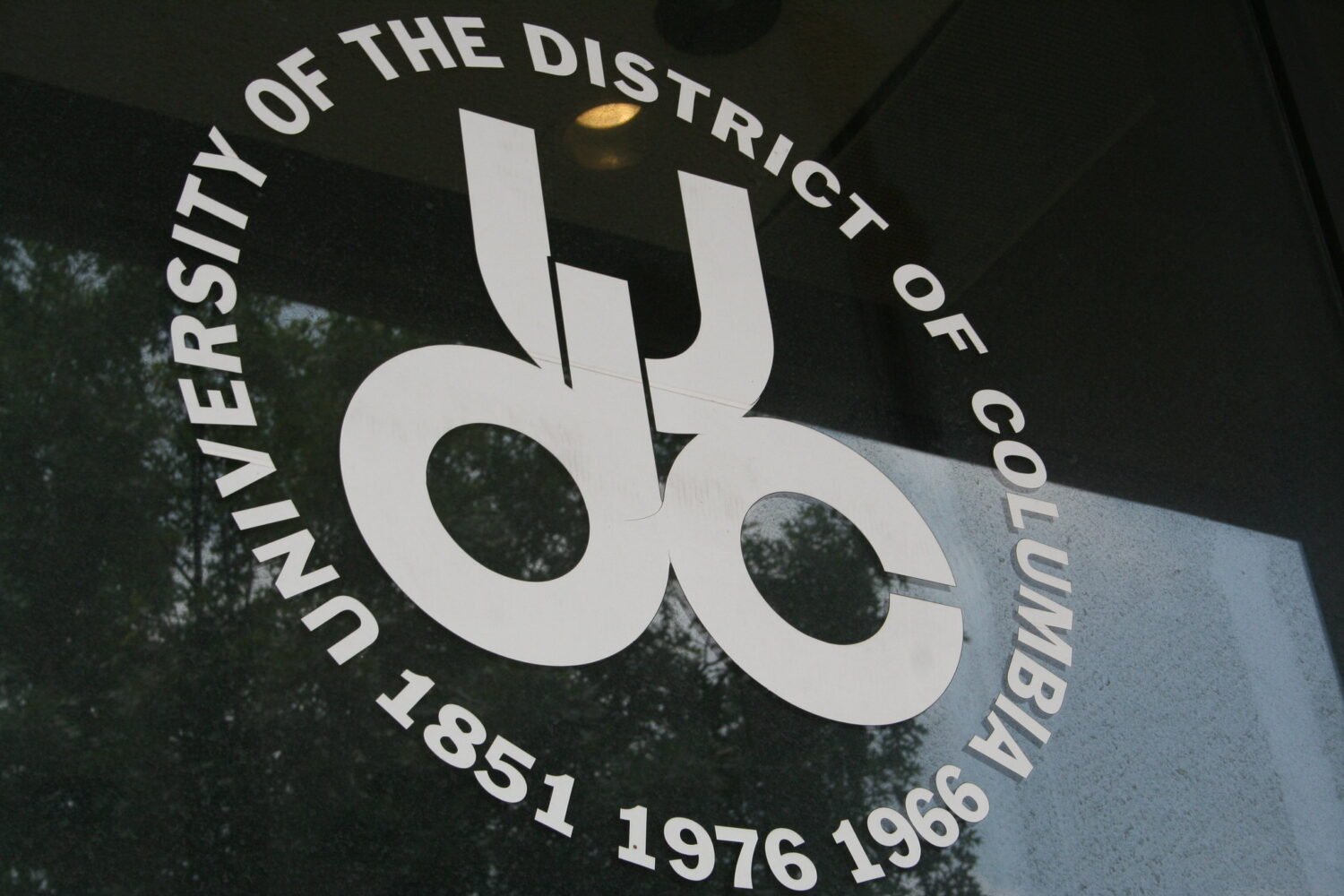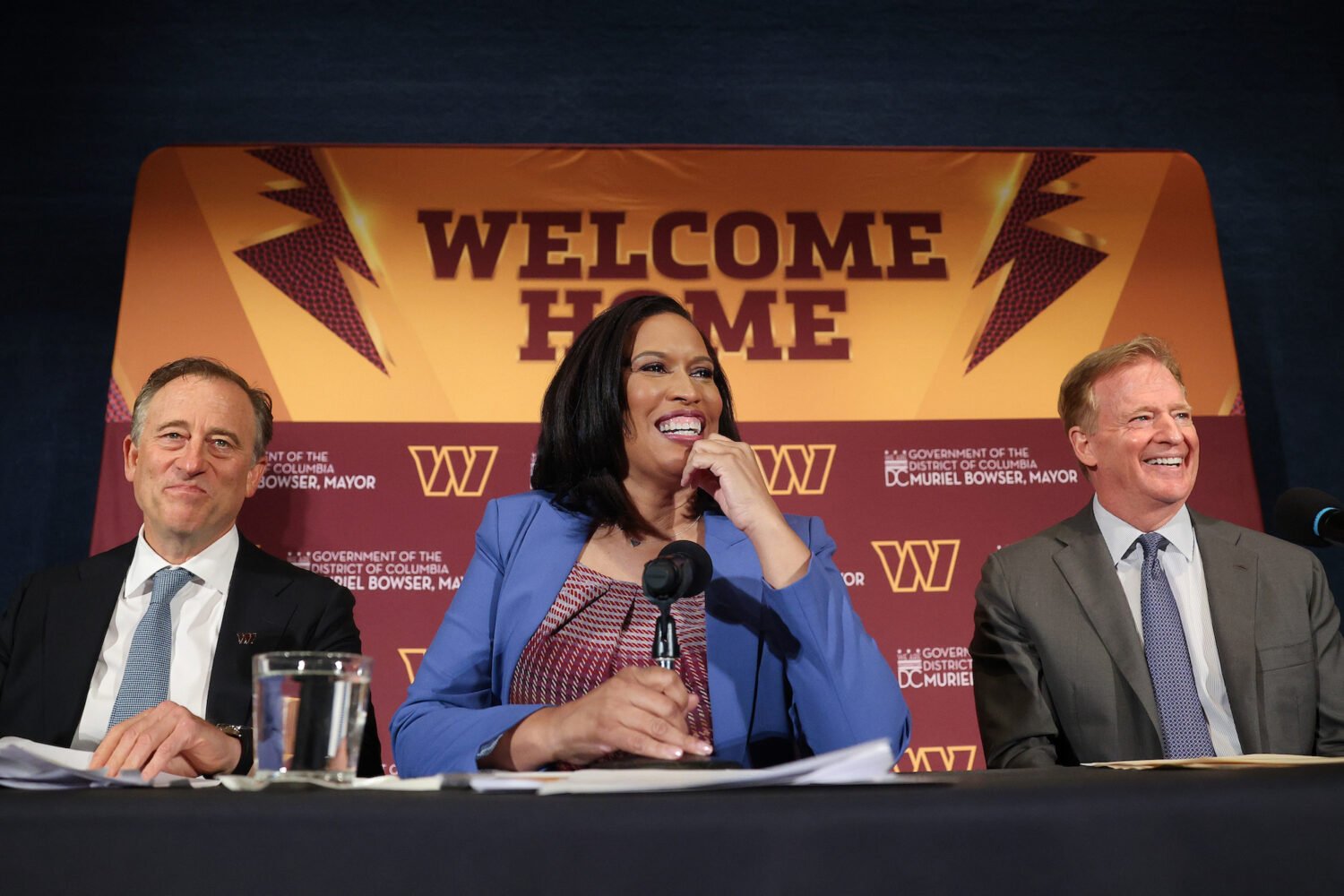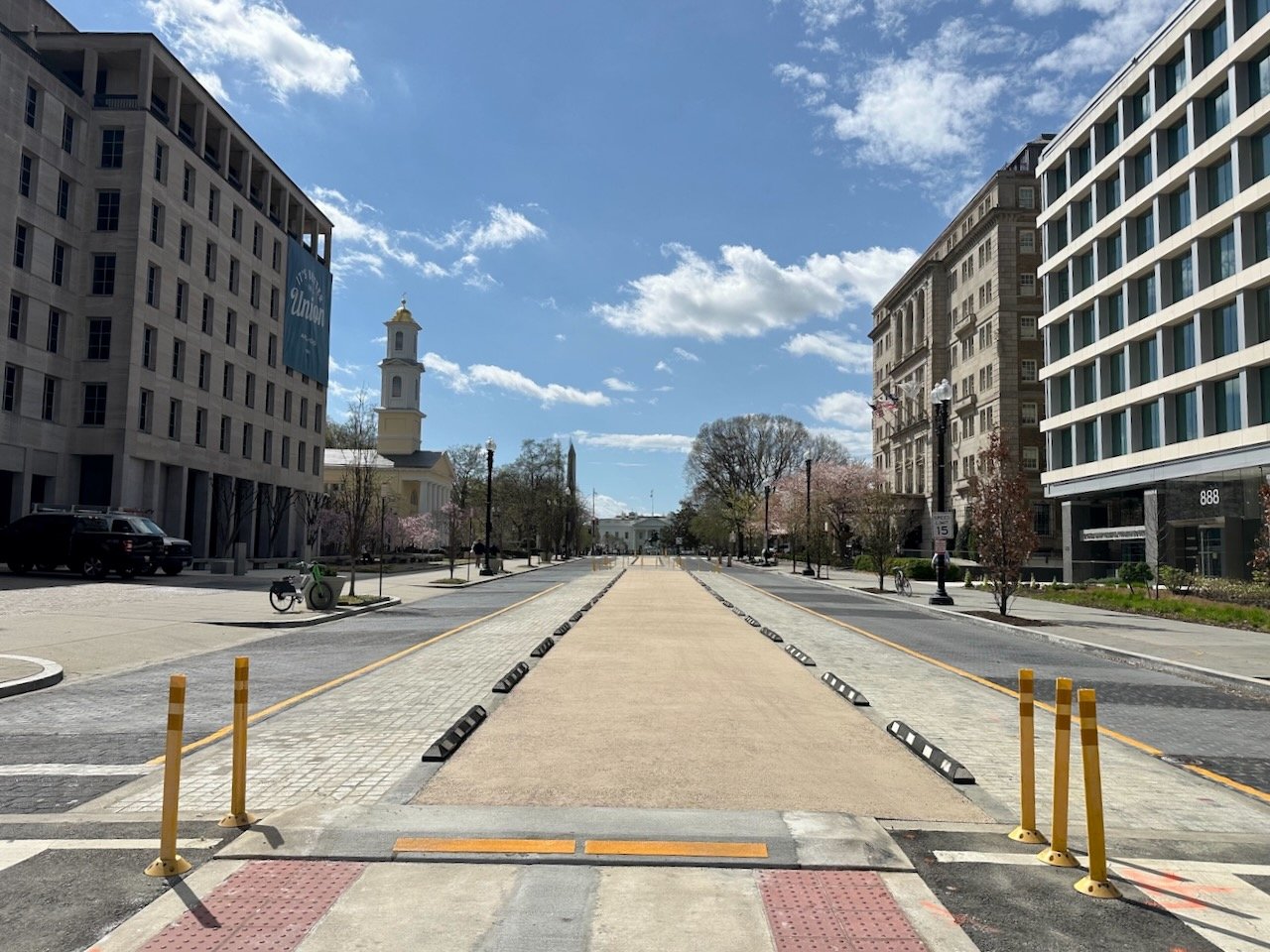Yesterday, the mayors of DC, New York City, Portland, and Seattle issued a joint statement condemning President Donald Trump’s directive to restrict federal funding to their jurisdictions. “Our cities, and the millions of Americans who we represent, are not President Trump’s political pawns,” the statement says. “We are confronting unprecedented challenges—fighting back a pandemic and economic devastation without another stimulus. Now, instead of leadership from the White House, we are faced with new attacks that are unlawful, unconstitutional and will be undoubtedly defeated in court. President Trump needs to wake up to the reality facing our cities—and our entire country—and realize he is not above the law.”
The presidential memo that kicked off this odd fight, for the uninitiated, directs federal officials to evaluate whether certain American cities should be stripped of federal funding. In the memo, Trump flags four Democratic-led cities—DC, New York, Seattle, and Portland—as examples of places that have “deteriorated into lawless zones.” He orders the Attorney General and Director of the Office of Management and Budget to identify other “anarchist jurisdictions” with the intent of limiting federal funding to those locales.
In theory, these jurisdictions could lose federal funding for things like transportation projects, housing aid, and law enforcement grants. But given the fact that even Trump’s memo questions his legal authority to withhold funds it seems unlikely the President would be able to enact it.
Still, should he decide to press forward with these efforts, does he have a shot at bringing his plans to fruition? One particularly interested party—a constitutional law professor who happens to sit on the DC Council—says don’t bet your paycheck on it. Or even your federal block grant.
“It’s an unwinnable legal battle,” says Mary Cheh, a Democrat who represents Ward 3 and does double duty as a professor at George Washington University Law School. “This document is a crude political attack masquerading as a presidential directive.”
A brief constitutional refresher: Article One clearly provides Congress the power to create laws, which includes determining spending. The President only has the power to enact and execute those laws, not the power to change them. “The President has no power to to change the terms of federal spending to local jurisdictions to coerce them to follow his political desires,” Cheh says. “It reflects this basic ignorance about how government works in the United States. He thinks of himself as some sort of king or potentate who can just have edicts.”
In the memo, Trump specifically targets federal grants, which typically support aspects of transportation and infrastructure projects, health and welfare programs, and law enforcement. When these grants are issued by Congress, Cheh says there are specific parameters in place that dictate how the money is supposed to be spent. “It’s like a contract between the federal government and the local jurisdiction about what they’ve agreed to do to continue to receive this money” she says. Should Trump try to block those grants, he would be “changing the terms of the deal under which the states agreed to accept the money,” she says, essentially violating that contract.
Cheh thinks it’s unlikely Trump would seriously pursue this action, and sees the directive as a “political attack.” Should he decide to proceed now, Cheh says the affected jurisdictions would immediately sue, request an injunction so funds wouldn’t be affected, and decidedly win their case. But what if he was to win another term, and a newly Trump-red Congress provided more open-ended directives attached to federal grants?
“If Congress said that money could be used for various purposes, leaving the president with discretion to figure out how much and where…perhaps [he could enact his plan],” she says. “But I doubt any purposes would fall within the crazy ideas that are embodied in this directive. ‘If you allow anarchy to prevail,’ what does that mean?”
We’ll find out soon enough: Per Trump’s memo, the Attorney General and the director of the Office of Management and Budget have 14 days to submit a list of “anarchist jurisdictions”— characterized as places that refuse Federal law enforcement assistance or “disempower or defund” police departments.



















